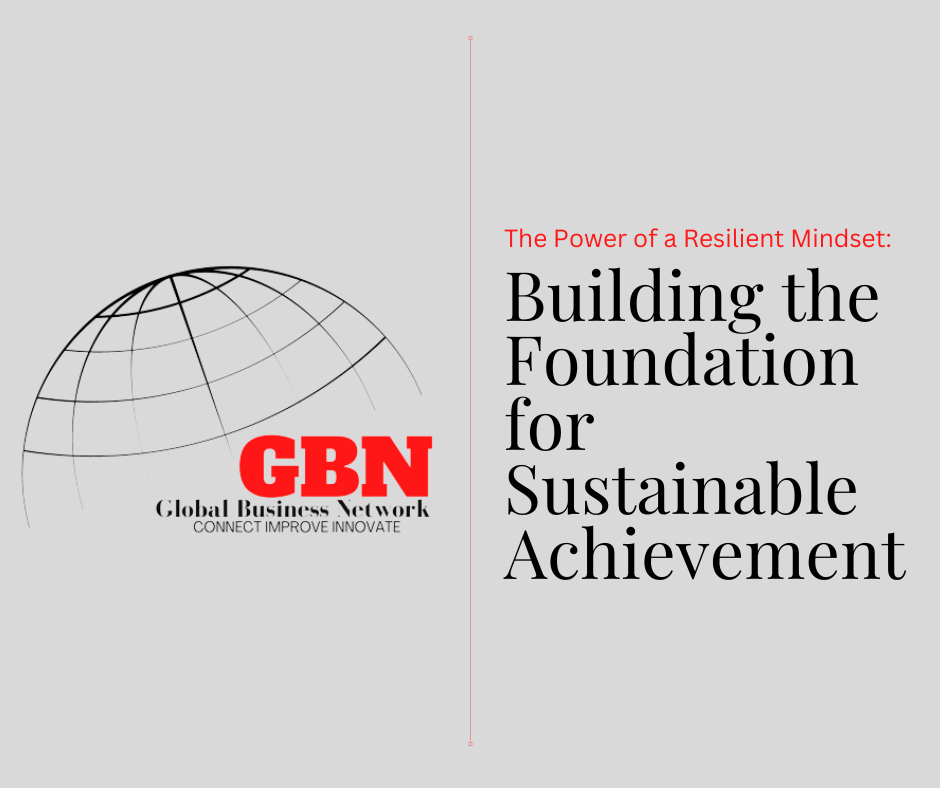
In the bustling landscape of today’s fast-paced world, where every decision seems to carry the weight of immediate consequences, it’s easy to get swept away by the currents of expediency and convenience. In this whirlwind of progress and innovation, individuals and organizations often find themselves navigating a maze of conflicting interests and competing priorities. Amidst this chaos, one guiding principle stands out as an unwavering beacon of clarity and purpose: staying true to your core values.
As Dr. Bilal Ahmad Bhat, the author of “28COE Core Values” and the visionary behind the BAB Group of Companies, I have witnessed firsthand the transformative power that comes from aligning one’s actions with deeply held principles. Core values are not merely words etched on a plaque or displayed in a mission statement; they are the fundamental beliefs that shape our identity, guide our decisions, and define our character. They serve as the moral compass that steers us through the storms of uncertainty and adversity, anchoring us to what truly matters in our personal and professional lives.
In today’s hyper-competitive marketplace, where success is often measured in terms of profits and market share, it can be tempting to compromise on our values in pursuit of short-term gains. However, such compromises invariably come at a steep cost, eroding trust, damaging reputation, and sowing the seeds of discord within teams and organizations. History is replete with cautionary tales of once-prominent companies brought low by ethical lapses and moral bankruptcy, serving as sobering reminders of the perils of forsaking one’s core values in the pursuit of success.
But staying true to your core values is not just a matter of avoiding pitfalls and mitigating risks; it is also a source of strength and resilience in the face of adversity. When we anchor ourselves to our core values, we tap into a reservoir of inner fortitude and conviction that enables us to weather the fiercest storms and overcome the greatest challenges. In times of uncertainty and doubt, our values serve as a guiding light, illuminating the path forward and providing us with the clarity and purpose we need to press on.
Moreover, staying true to our core values is not just about personal integrity; it’s also about building a culture of trust and accountability within our organizations. When leaders lead by example and consistently demonstrate their commitment to their values, they inspire others to do the same. This creates a ripple effect that permeates every aspect of the organization, fostering a culture of honesty, transparency, and mutual respect. In such an environment, employees feel empowered to speak up, take risks, and innovate, knowing that their actions are guided by a shared set of principles and beliefs.
But perhaps the most compelling reason to stay true to our core values is the profound sense of fulfillment and satisfaction that comes from living a life of integrity and purpose. In a world that often seems devoid of meaning and significance, our values provide us with a sense of direction and meaning, anchoring us to something greater than ourselves. When we align our actions with our values, we experience a deep sense of authenticity and wholeness that transcends material success and worldly accolades.
As we navigate the complexities of the modern world, it is more important than ever to pause and reflect on our core values and the principles that guide our lives. In the midst of uncertainty and turmoil, our values serve as a steady anchor, keeping us grounded and focused on what truly matters. By staying true to our core values, we not only safeguard our integrity and reputation but also cultivate a culture of trust, accountability, and innovation within our organizations. In doing so, we lay the foundation for a more prosperous and sustainable future, built on the timeless principles of honesty, integrity, and respect. So let us commit ourselves to the noble task of staying true to our core values, for in doing so, we honor the best of who we are and inspire others to do the same.





